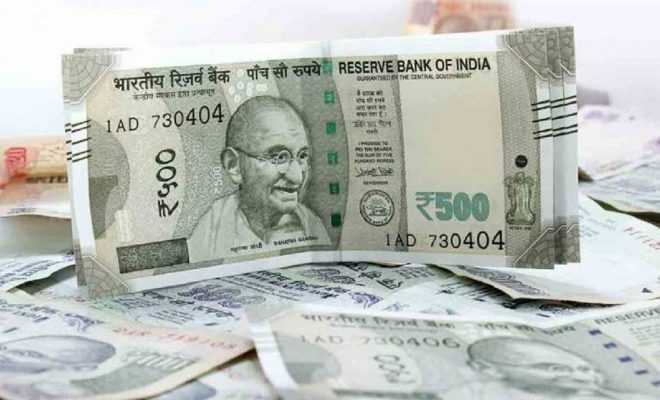How India’s Rich Invade Tax

Last updated on February 21st, 2023 at 11:42 am
India’s Rich Invade Tax: According to the findings of the first study led by the Tax Justice Network (TJN), India is losing Rs. 70,000 crores in taxes to other countries. An independent research based international network has conducted this study.
While other countries are also losing a whopping $427billion in tax each year owing to international corporate tax abuse and private tax invasion. Under its inaugural report titled, ‘The State of Tax Justice-2020’, almost $245 billion ( or 57.4%) is directly lost owing to corporate tax abuse by multinational corporations (MNCs) and $182 billion (42.6%) is lost owing to private tax evasion. The report specifies how companies have invaded taxation by transferring cash out of their country of origin to tax havens. Most of these places have low or extremely low taxation. Private tax evaders also made use of investment in private assets offshore to the tune of $10trillion in order to evade taxation.
All this has really shown its ugly phase at the time pandemic when nurses salaries could not be paid as money into the system was missing. According to suggestions given by the study and other parties involved in the study, the government must put down some kind of rules and also introduce an excess profit tax on MNCs such as on global digital companies that are making huge profits in the Covid times.
Global loss in taxes is a huge responsibility the burden of which is to be borne by higher income countries that are responsible for 98% of these taxes. G20 group of countries are responsible for 26.7% of global tax loss costing countries over $114billion in lost tax every year.
India suffers the most under corporate tax abuse.
Strangely, the pandemic has seen the richer become richer and the poor become poorer. The asset accumulation seemed to have doubled over the lockdown periods. There are also discussions over having a United Nations Tax Convention where a global and genuinely representative forum can be set to ensure there is consistent, multilateral standards for corporate taxation, something that is necessary as good taxation practises amongst governments and to deliver a comprehensive, multilateral tax transparency plan.
Read More:- Kerala gold smuggling case: Cong-led UDF targets CM Pinarayi



